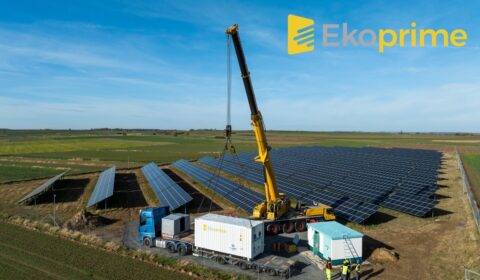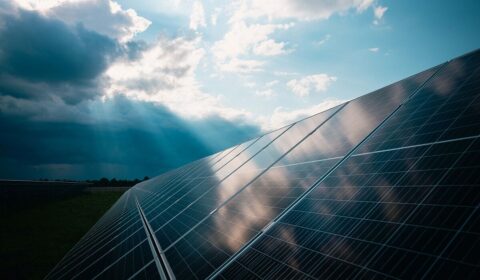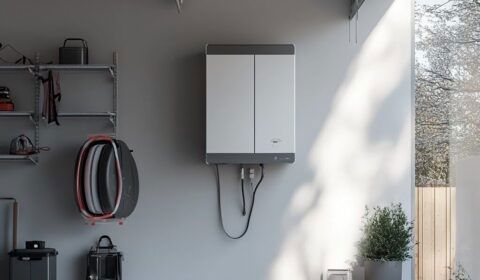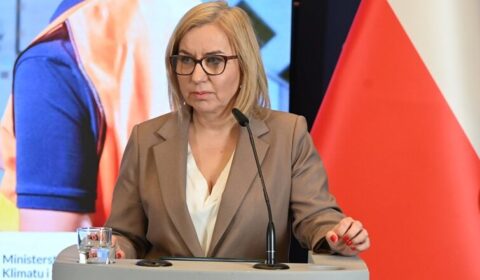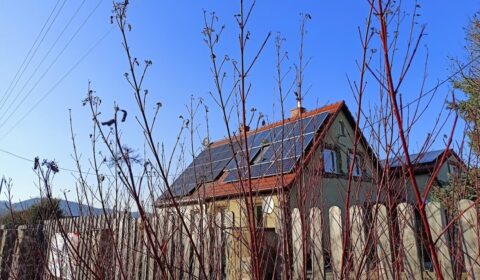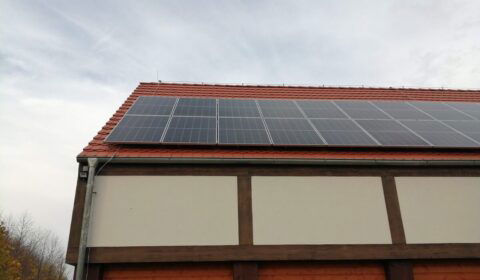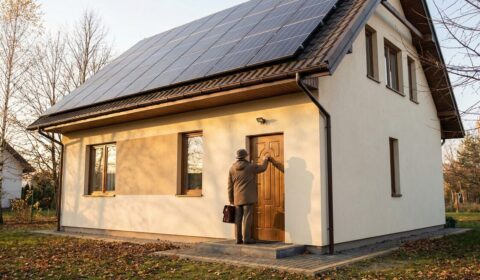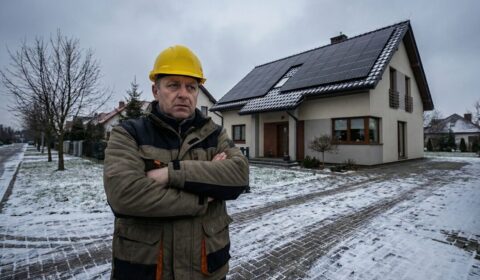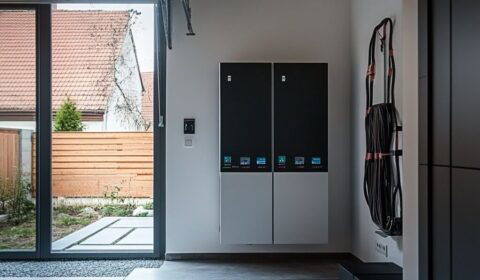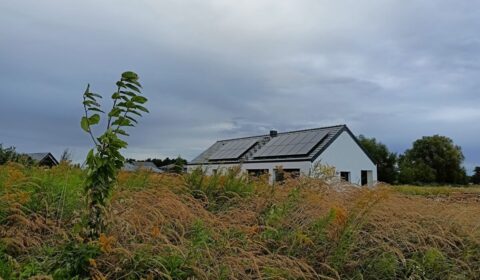Niemcy: 40% energii z OZE już w roku 2020
http://www.cire.pl/item,66529,1.html?utm_source=newsletter&utm_campaign=newsletter&utm_medium=link
Political storm brews as German energy prices set to surge
Germany’s four transmission system operators – 50Hertz, TenneT, Amprion and TransnetBW – will formally announce the new renewables surcharge on 15 October, and did not immediately respond to the furore.
BWE president Herman Albers claims that more than half the renewables surcharge is actually the result of the government’s policy of not passing on costs associated with the Energiewende to industry – a critical aspect in terms of maintaining the support of the country’s powerful manufacturing sector.
But Albers says that policy can no longer be justified given the cost impact on regular German consumers.
The issue underscores a tension that no German political party seems yet to have fully digested, which is that even as Germans continue to vociferously support the expansion of renewable energy, they are growing increasingly concerned about the impact on electricity prices.
The Energiewende is expected to feature prominently in the debate leading to next year’s federal election, and the price of electricity will be a central peg of the argument.
German environment minister Peter Altmaier, of Chancellor Angela Merkel’s ruling Christian Democrats, has set himself on a collision course with German states by insisting that the country’s venerable renewable-energy law (EEG) be rewritten so as to place a greater emphasis on high-level oversight.
At the moment, individual states are essentially competing with each other for renewables projects – regardless of how intelligently designed or well located they may be – because more projects means more jobs and more local tax revenues.
Altmaier has grown increasingly forceful in his view that the Energiewende must be orchestrated more holistically, with wind farms, PV arrays and other renewables installations being built in places and ways that minimise the cost to the overall system.
Earlier this week Altmaier acknowledged that, under a new renewable law, the government may seek to cap the amount of wind and biomass capacity eligible for the feed-in tariff – mirroring its decision earlier this year to cap FIT-eligible PV at 52GW. Most industry sources believe that level will be reached within three or four years.
Altmaier concedes that the new law may not be ready before next year’s election, saying that “quality is more important than speed”.





















